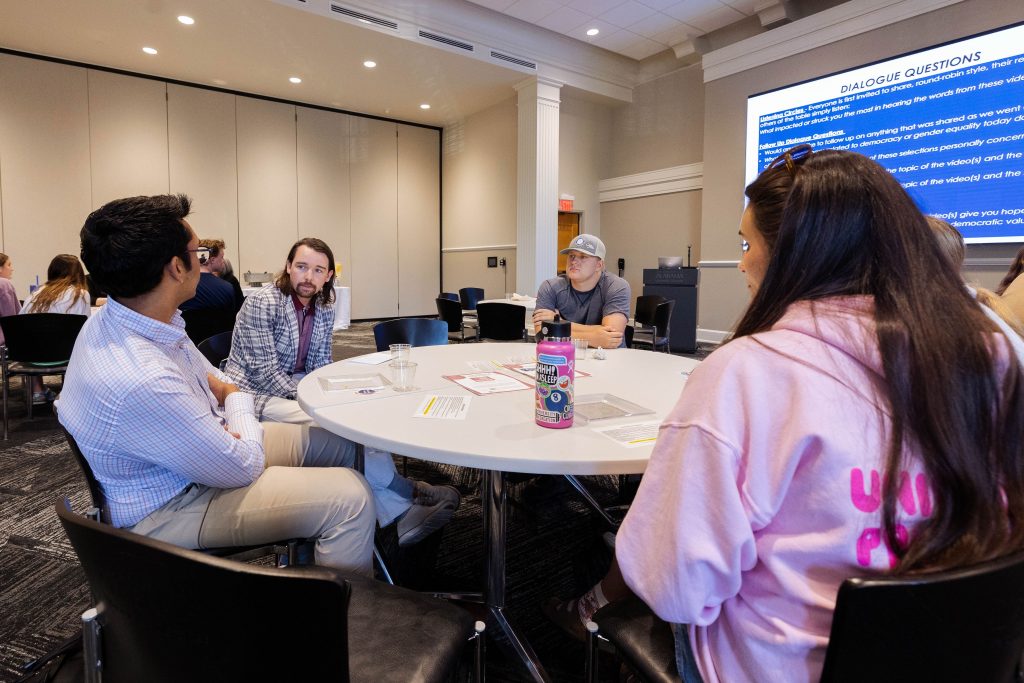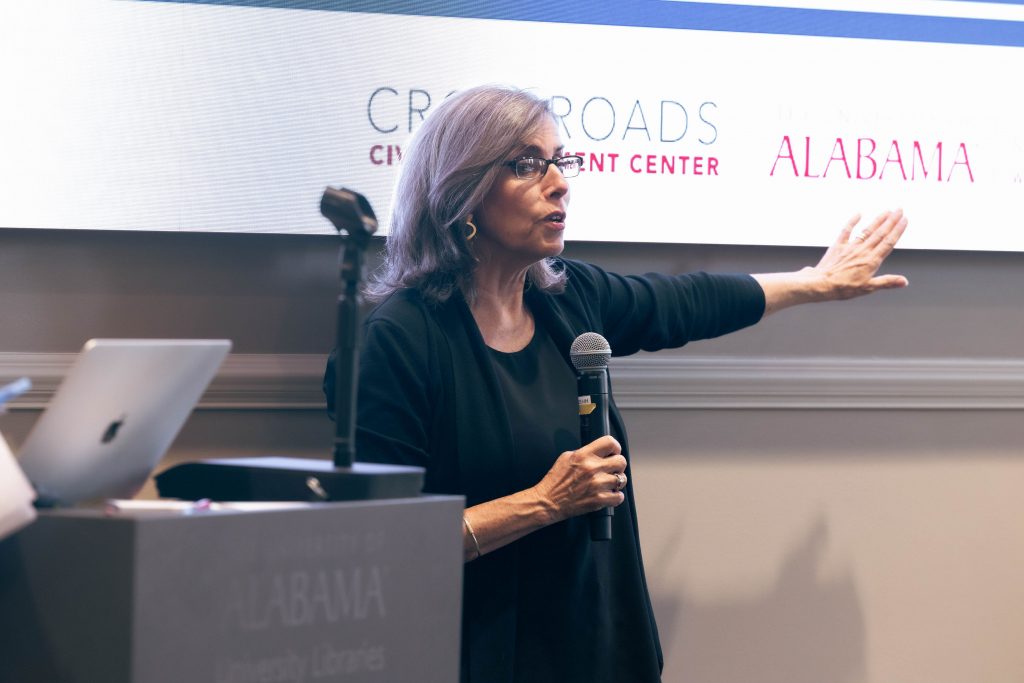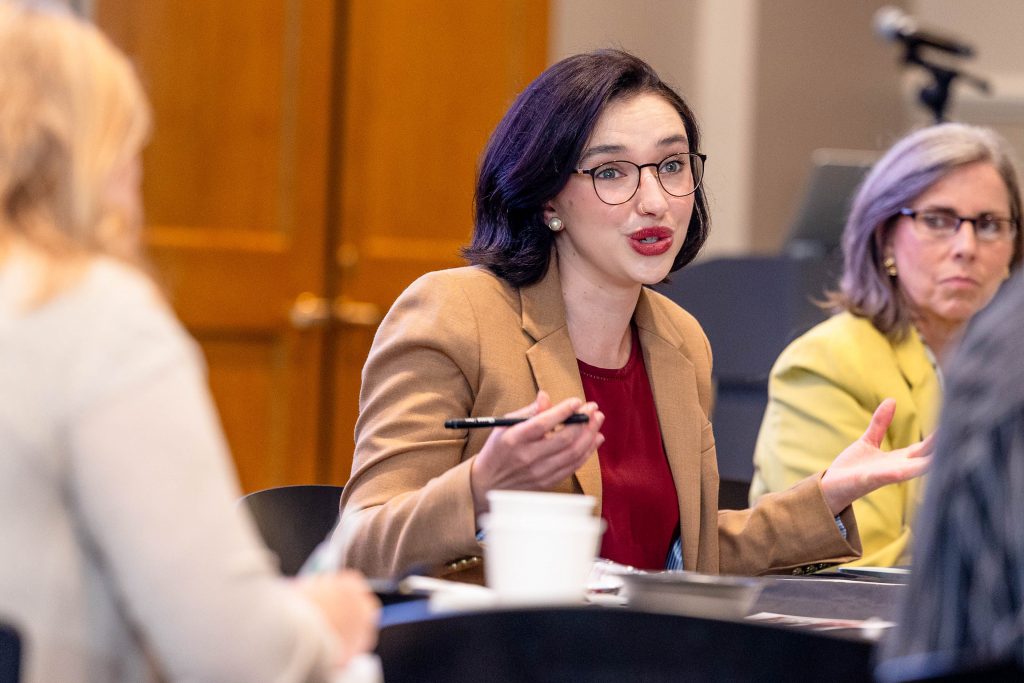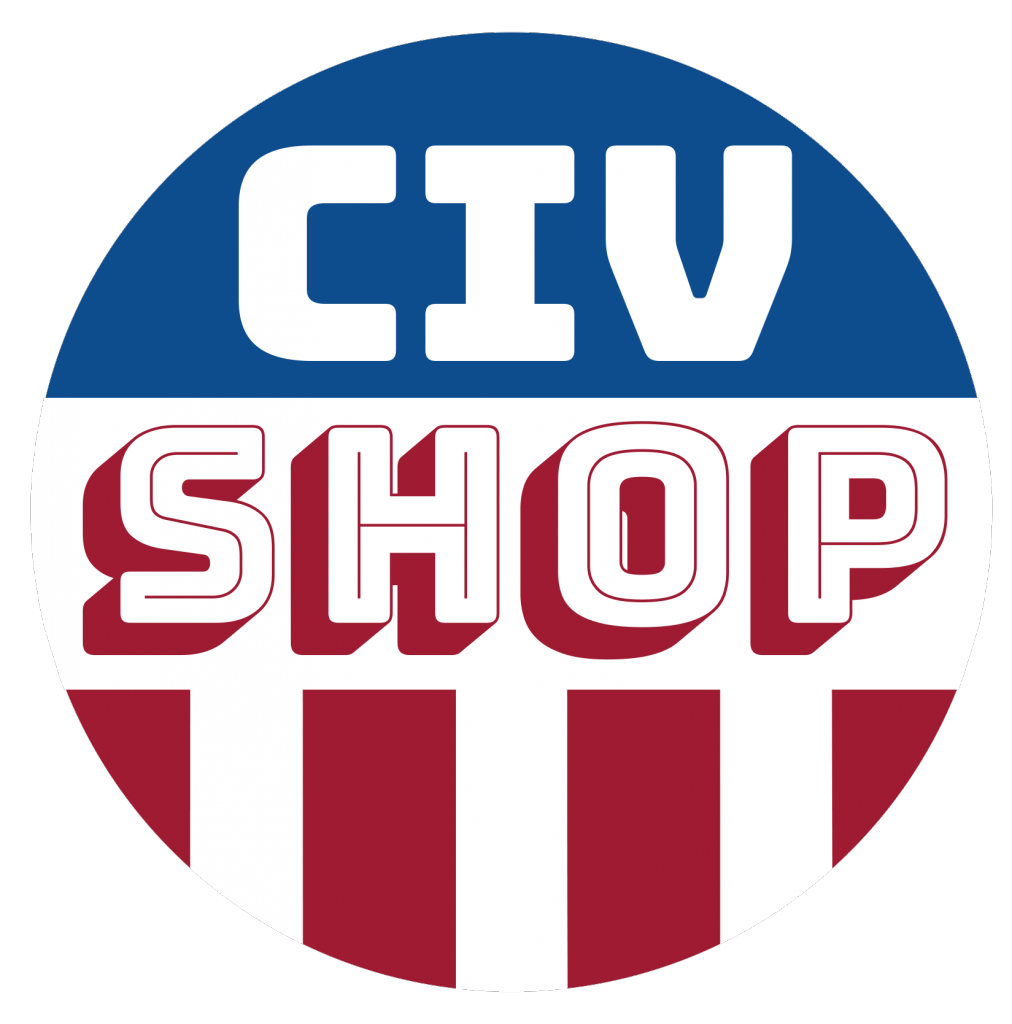
Civic Dialogue
Since UA Crossroads was created, the Center has been focused on creating spaces for dialogue on our campus and in our community. For tools and resources related to the fundamentals of dialogue, check out our Resource Library.
Sustained Dialogue is a dialogue-to-action model that enables participants to build relationships for addressing controversial issues and making positive change. The model is used in national, community, corporate and campus settings. Find out more about the Sustained Dialogue Institute at sustaineddialogue.org.
By offering students experience with the Sustained Dialogue model, The University of Alabama improves our campus community and enhances the lives of our students during and after college. Sustained Dialogue helps students make time to understand perspectives of individuals they would not otherwise meet, interact comfortably with all kinds of people, build relationships across lines of difference, and gain communication skills necessary for increasingly diverse academic, social and work environments.

Speaking Engagements
The team at Crossroads Civic Engagement Center is excited to share our work and resources on civic values, knowledge, skills, and action. We are happy to deliver keynote speeches, guest lectures, and a variety of other presentation formats. If you would like to have someone come speak to your class, organization, or community group, please contact Newlin Humphrey, our Director of Faculty and Community Engagement, at nahumphrey1@ua.edu for your request with as many details as possible at least one month prior to your preferred dates and times.
The UA Crossroads team works with campus and community partners to provide CIVshops that meet the goals and timeframe of the host organization or academic course context. Please read the descriptions of our current CIVshops to find out more.
CIVshops are UA Crossroads’ collection of interactive workshop experiences designed to strengthen knowledge, skills, and habits needed to prepare people for the responsibilities of democratic citizenship. Based on the Latin word “civis” for citizen, our CIVshops seek to introduce practices fostering individual and civic responsibility, engage concepts of mutual respect and interdependence, build relationship skills for overcoming our increasing polarization, and equip participants for more meaningful civic engagement in their communities.
Call the Doctor! Assessing Our Civic Health
The Alabama Model of Student Health and Wellbeing is comprised of seven different dimensions to aid personal growth and maintain a healthy lifestyle: academic, career, physical, financial, psychological, social, and spiritual health. In this workshop, we add civic health to these vital areas of wellbeing. Participants will explore how we understand and use the phrase “civic” while also assessing their own individual civic health and exploring the concept of collective civic health.
From Quills to Clicks: Navigating the Modern Information Era
It probably would have been easier for Paul Revere to let everyone know that the British were coming if he had had a TikTok account. Some of us may not get our news from a physical newspaper anymore much less rely on a town crier to gather information about current events like people did in the 1700s. Now, we have more access to instant information than ever before. With thousands of apps and various media platforms, navigating these online spaces to gather accurate information can be overwhelming. In this workshop, participants will be invited to review their media consumption habits, differentiate between types of information, and reflect on how we can better interact with the modern media landscape.
Liberty and Listening for All: Overcoming Barriers to Listening
We may have spent time in our lives learning to become better public speakers. Whether through taking a formal class, practicing presentations, or sharing remarks at a community event, public speaking is something we know we must practice in order to get better at it. We believe healthy civic life requires public speakers but it also requires many more public listeners! However, we probably don’t practice listening as often as we could or haven’t had a formal education in how to be a good listener. In this workshop, participants will identify common barriers to listening and explore ways to overcome those barriers so that we can become better listeners in all areas of our lives.
Democracy is Not a Spectator Sport
In President John F. Kennedy’s inaugural address, he famously said, “Ask not what your country can do for you–ask what you can do for your country.” Although we may have taken a government class at some point and set reminders to go vote on election day, we might not be waking up in the morning and immediately thinking about how to prepare ourselves for the many responsibilities of democratic citizenship. In this workshop, participants will differentiate between civic culture and political culture and explore ways we can create a healthy civic culture daily.
CAN WE TALK? Asking Questions with Dialogue A.C.T.S.
In the current politically polarized environment, we tend to assume that people who disagree cannot talk about their differences. This interactive workshop invites us to learn how we can start to change that dynamic in our professional and personal lives. Participants will reflect on their own communication styles and practice asking key dialogue-style questions to help us better share what is important to us and to understand the perspectives of others. Dialogue is not all talk and no action. When we use Dialogue A.C.T.S, we are taking civic action to maintain the relationships that sustain our community and our democracy.
Declaration of Interdependence: An Approach to Building Community
Creating place-based community in the modern era is becoming increasingly difficult, and local civic engagement remains a crucial part of our social fabric. Engaging with our community, the people and organizations in our town, city, and neighborhoods represents the most direct connection we have to society. Whether we move to new communities countless times over the course of our lives or live just down the street from where we were born, learning to build community is key to living a healthy civic life. In this workshop,participants will explore key principles of building community and different strategies to maintain relationships in our communities so that we can develop prosperous civic places.
Don’t Stop Believing: Hope as a Civic Value
In an era marked by disruption, division, and constant change, it can be easy to feel discouraged about the future. We believe having hope isn’t just wishful thinking, it is a civic superpower. In this workshop, participants will explore what it means to treat hope not just as a feeling, but as the responsibility we have as citizens to build stronger communities and a more vibrant democracy. While hope alone won’t solve every problem, it is often what moves us to imagine something better and work together toward a common purpose.
InfoNot sure which CIVshop is right for you?
Let’s Talk! For more information, please reach out to Newlin Humphrey, our Director of Faculty and Community Engagement, at nahumphrey1@ua.edu

Consultation & Collaborations
We know that success and sustainability require teamwork and partnership. As such, we welcome opportunities to support the work of others and combine efforts to create new possibilities. Below are a few of the ways we collaborate:
Supporting Student Organizations and Events Related to Civic Engagement
Consultation on Dialogue Programming
Consultation on Workshop Design and Facilitation
Professional Development Trainings
Research Teams
Grant-Writing Teams

